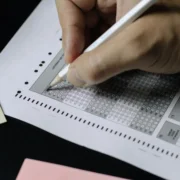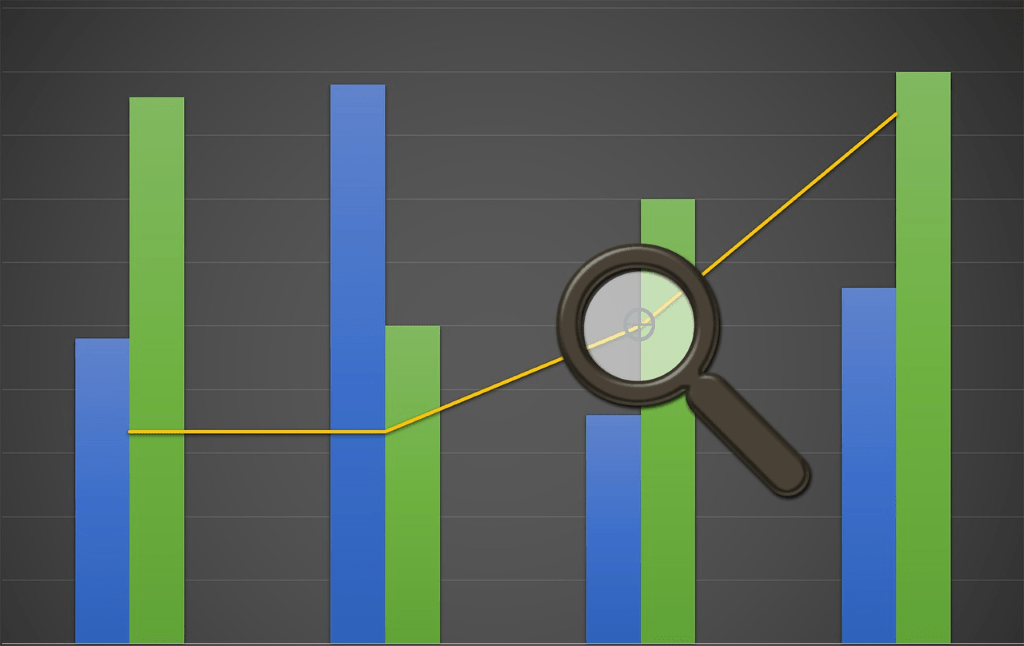
Speeded Test vs Power Test
The concept of Speeded vs Power Test is one of the ways of differentiating psychometric or educational assessments. In the context of educational measurement and depending on the assessment goals and time constraints, tests are categorized as speeded and power. There is also the concept of a Timed test, which is really a Power test. Let’s look at these types more carefully.
Speeded test
In this test, examinees are limited in time but expected to answer as many questions as possible but there is a unreasonably short time limit that prevents even the best examinees from completing the test, and therefore forces the speed. Items are delivered sequentially starting from the first one and until the last one. All items are relatively easy, usually. Sometimes they are increasing in difficulty. If a time limit and difficulty level are correctly set, none of the test takers will be able to reach the last item before the time limit is reached. A speeded test is supposed to demonstrate how fast an examinee can respond to questions within a time limit. In this case, examinees’ answers are not as important as their speed of answering questions. Total score is usually computed as a number of questions answered correctly when a time limit is met, and differences in scores are mainly attributed to individual differences in speed rather than knowledge.
An example of this might be a mathematical calculation speed test. Examinees are given 100 multiplication problems and told to solve as many as they can in 20 seconds. Most examinees know the answers to all the items, it is a question of how many they can finish. Another might be a 10-key task, where examinees are given a list of 100 5-digit strings and told to type as many as they can in 20 seconds.
Pros of a speeded test:
- Speeded test is appropriate for when you actually want to test the speed of examinees; the 10-digit task above would be useful in selecting data entry clerks, for example. The concept of “knowledge of 5 digit string” in this case is not relevant and doesn’t even make sense.
- Tests can sometimes be very short but still discriminating.
- In case when a test is a mixture of items in terms of their difficulty, examinees might save some time when responding easier items in order to respond to more difficult items. This can create an increased spread in scores.
Cons of a speeded test:
- Most situations where a test is used is to evaluate knowledge, not speed.
- The nature of the test provokes examinees commit errors even if they know the answers, which can be stressful.
- Speeded test does not consider individual peculiarities of examinees.
Power test
A power test provides examinees with sufficient time so that they could attempt all items and express their true level of knowledge or ability. Therefore, this testing category focuses on assessing knowledge, skills, and abilities of the examinees. The total score is often computed as a number of questions answered correctly (or with item response theory), and individual differences in scores are attributed to differences in ability under assessment, not to differences in basic cognitive abilities such as processing speed or reaction time.
There is also the concept of a Timed Test. This has a time limit, but it is NOT a major factor in how examinees respond to questions or affect their score. For example, the time limit might be set so that 95% of examinees are not affected at all, and the remaining 5% are slightly hurried. This is done with the CAT-ASVAB.
Pros of a power test:
- There is no time restrictions for test-takers
- Power test is great to evaluate knowledge, skills, and abilities of examinees
- Power test reduces chances of committing errors by examinees even if they know the answers
- Power test considers individual peculiarities of examinees
Cons of a power test:
- It can be time consuming (some of these exams are 8 hours long or even more!)
- This test format sometimes does not suit competitive examinations because of administrative issues (too much test time across too many examinees)
- Power test is sometimes bad for discriminative purposes, since all examinees have high chances to perform well. There are certainly some pass/fail knowledge exams where almost everyone passes. But the purpose of those exams is not to differentiate for selection, but to make sure students have mastered the material, so this is a good thing in that case.
Speeded test vs power test
The categorization of speed or power test depends on the assessment purpose. For instance, an arithmetical test for Grade 8 students might be a speeded test when containing many relatively easy questions but the same test could be a power test for Grade 7 students. Thus, a speeded test measures the power when all of the items are correctly responded in a limited time period. Similarly, a power test might turn into a speeded test when easy items are correctly responded in shorter time period. Once a time limit is fixed for a power test, it becomes a speeded test. Today, a pure speeded or power test is rare. Usually, what we meet in practice is a mixture of both, typically a Timed Test.
Below you may find a comparison of a speeded vs power test, in terms of the main features.
| Speeded test | Power test |
| Time limit is fixed, and it affects all examinees | There is no time limit, or there is one and it only affects a small percentage of examinees |
| The goal is to evaluate speed only, or a combination of speed and correctness | The goal is to evaluate correctness in the sense knowledge, skills, and abilities of test-takers |
| Questions are relatively easy in nature | Questions are relatively difficult in nature |
| Test format increases chances of committing errors | Test format reduces chances of committing errors |
Laila Issayeva M.Sc.
Latest posts by Laila Issayeva M.Sc. (see all)
- What is Digital Assessment, aka e-Assessment? - May 18, 2024
- What is a z-score? - November 15, 2023
- Digital Badges - May 29, 2023







